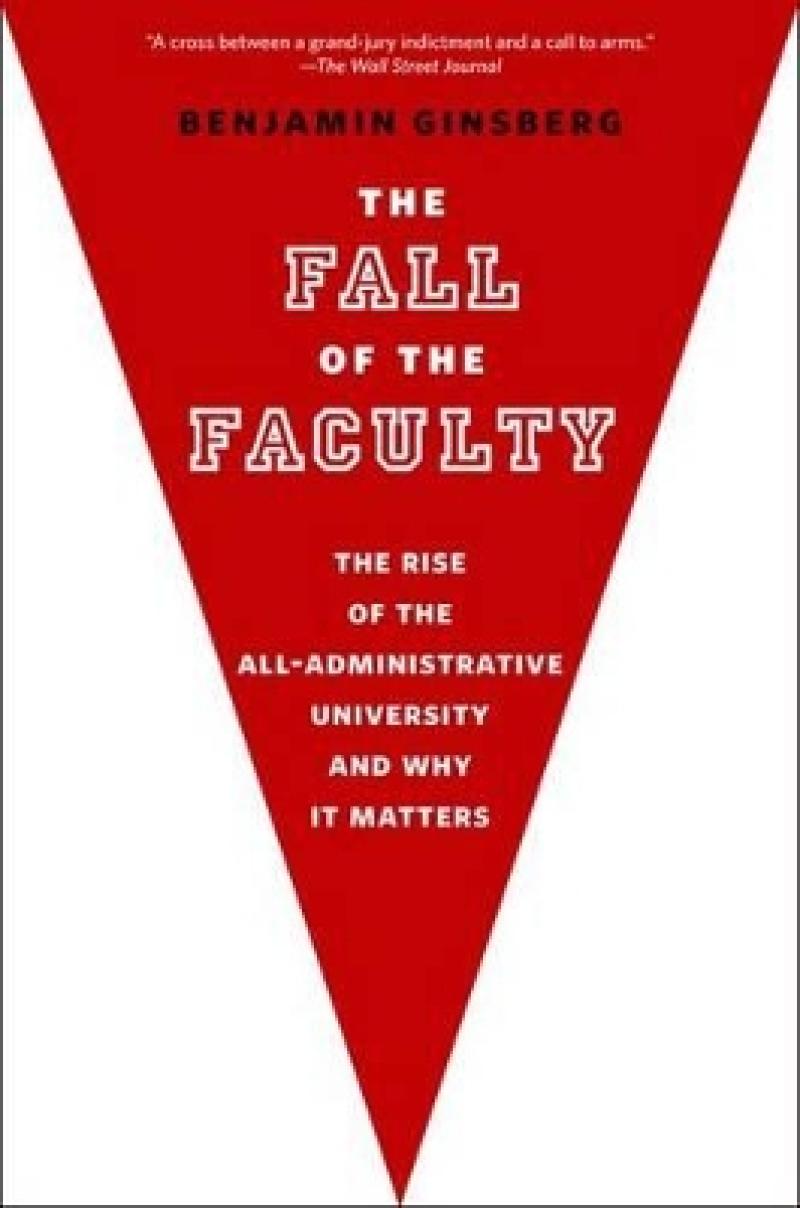This book takes a hard, clear-eyed look, with few holds barred, at the growing number and influence of full-time administrators in colleges and universities. It recognizes the large increase in government and other demands on the bureaucracy. But it dwells on the manifest fact--too often slighted--that administrators have their own fish to fry. Let us hope that his cautionary tale has a wide impact.
Morton Keller, Professor Emeritus of History, Brandeis University
During my nearly 60 years as a professor, I believe this is the only comprehensive analysis of the academic civil war between the professors and the deans. Ginsberg demonstrates why and how we're losing--or have already lost.
Theodore J. Lowi, Professor of American Institutions, Cornell University
Ben Ginsberg knows a thing or two about academic bureaucracy. He has had extensive experience with administrative impediments that come between his ideas and their realization. Instead of ranting, he has written The Fall of the Faculty, where he has employed his political insight to examine administrative bloat in higher education and to explain the many ways in which administrative authority has elbowed aside faculty governance in the running of today's colleges and universities. As a recovering deanlet and one-time acting dean, I know whereof he speaks.
Matthew A. Crenson, Professor Emeritus of Political Science, Johns Hopkins University
In his lacerating The Fall of the Faculty,Mr. Ginsberg argues that universities have degenerated into poorly managed pseudo-corporations controlled by bureaucrats so far removed from research and teaching that they have barely any idea what these activities involve. He attacks virtually everyone from overpaid presidents and provosts down through development officers, communications specialists and human-resource staffers but he reserves his most bitter scorn for the midlevel "associate deans" and "assistant deans" who often have the most direct control over the faculty. Mr. Ginsberg refers to them as "deanlets," but at my institution they are often called "ass. deans." The Fall of the Faculty" reads like a cross between a grand-jury indictment and a call to arms. Yet as bracing and darkly pleasurable as this call is, it is hard to imagine professors joining the resistance with so few weapons at their disposal..
The Wall Street Journal
...an attach on administrators written by a distinguished political scientist, Benjamin Giinsberg.
Anthony Grafton, NYROB
